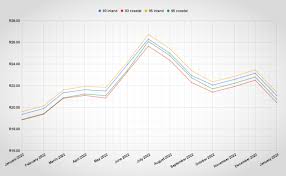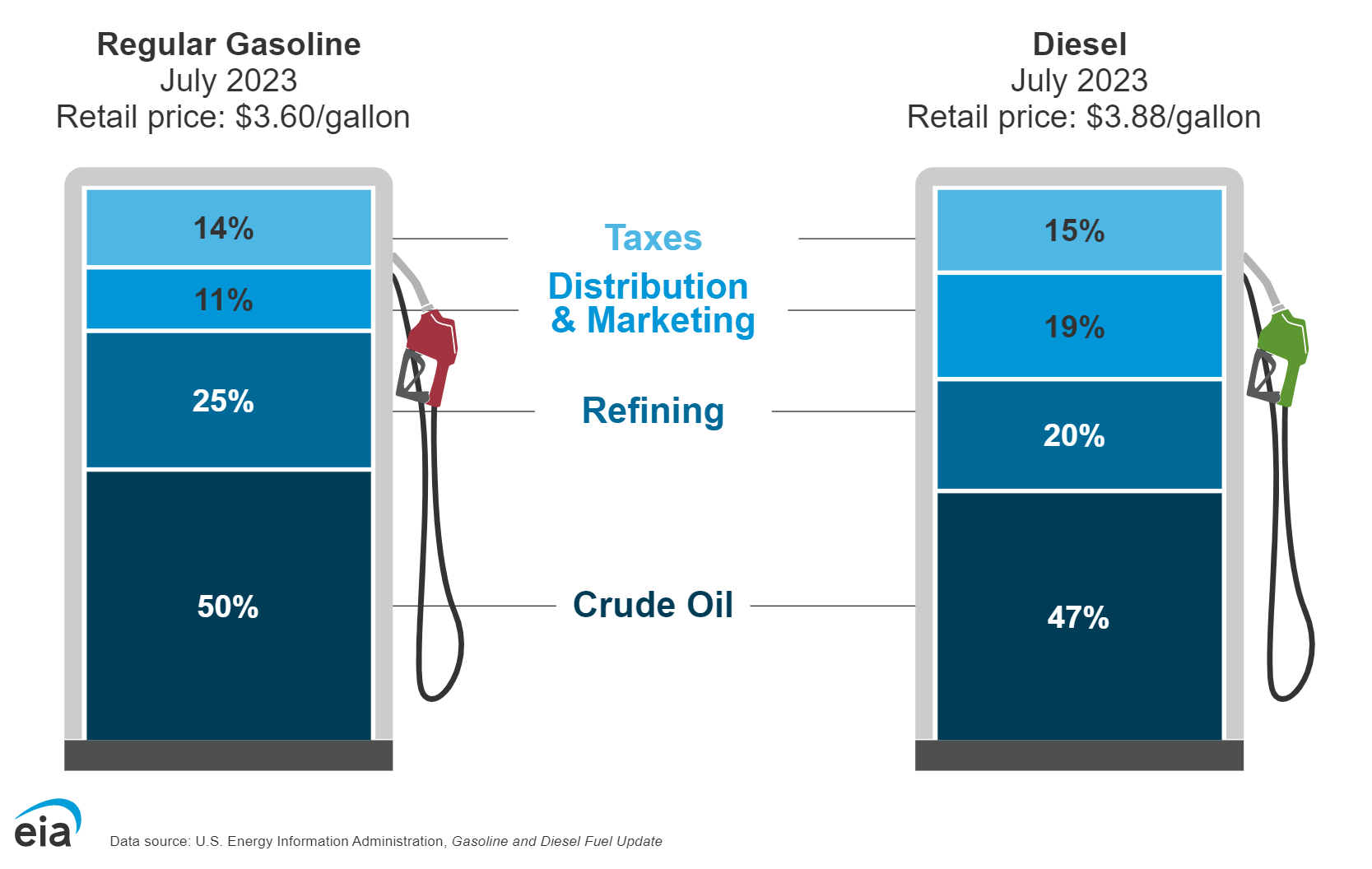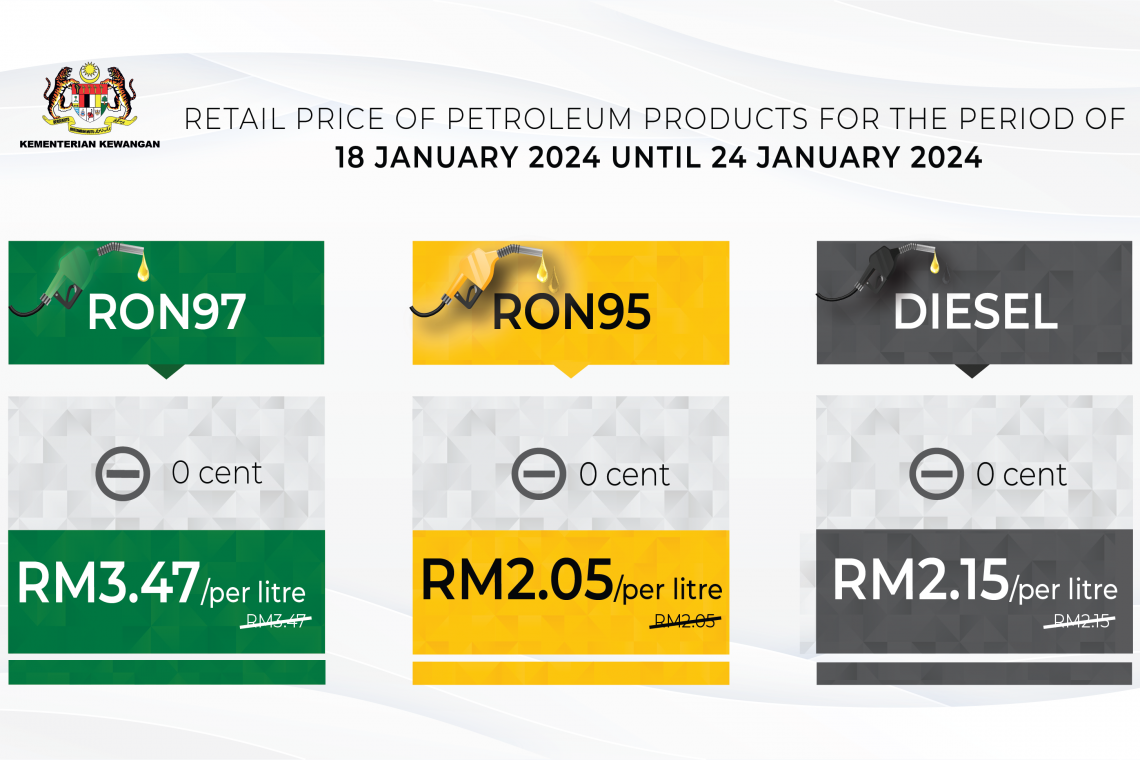Introduction
Petrol prices in South Africa have become a critical topic for many consumers and businesses, especially as they directly affect the cost of living and transport. With inflationary pressures and global oil market fluctuations, understanding the current trends in petrol prices is vital for both individuals and companies navigating this complex landscape.
Current Situation
As of October 2023, petrol prices in South Africa have seen significant changes. The Department of Mineral Resources and Energy has announced an increase of 1.50 ZAR per liter of both 93 and 95 octane petrol, effective from the beginning of the month. This adjustment brings the average price of 95 octane petrol to around 23.78 ZAR per litre. These changes have raised concerns among consumers about the impact on transportation costs and everyday expenses.
Factors Influencing Petrol Prices
The rise in petrol prices can be attributed to several factors, including fluctuations in the international crude oil price, the exchange rate of the South African Rand to the US Dollar, and changes in local tax policies. Recent geopolitical tensions and production cuts by major oil-exporting countries have contributed to elevated crude prices, compelling South Africa to adjust its petrol pricing accordingly.
Additionally, the Rand’s depreciation has exacerbated the situation, as it directly impacts the cost of importing oil. Government regulations such as the fuel levy also play a crucial role in determining the final price at the pump, further influencing consumer behaviour and economic conditions.
Impact on Consumers and Businesses
With petrol price hikes, consumers across the nation are feeling the pinch. The increase has a cascading effect on transport costs, leading to higher prices for goods and services. This is particularly concerning for sectors like logistics and public transport that largely depend on fuel. Small business owners are often more vulnerable to price fluctuations, potentially leading to difficult operational decisions.
Conclusion
As the cost of petrol continues to rise in South Africa, consumers must remain vigilant and adapt to changing economic conditions. It is crucial for stakeholders, including the government, to assess potential measures to mitigate the impact on the most vulnerable communities. Future forecasts suggest that if global oil prices continue on this trajectory, further increases in petrol prices could be anticipated. Maintaining awareness of the evolving landscape will empower consumers to make informed choices in their daily lives.


